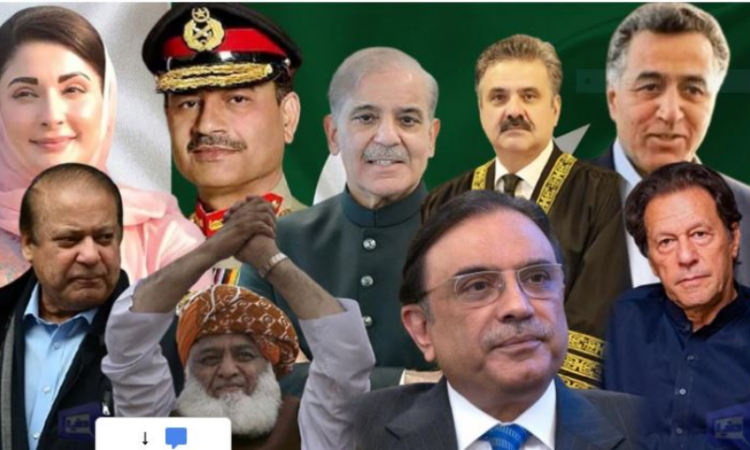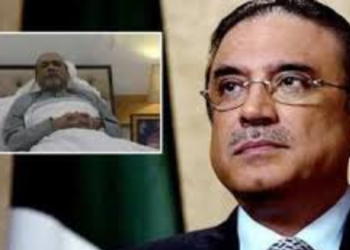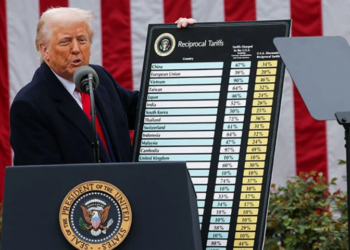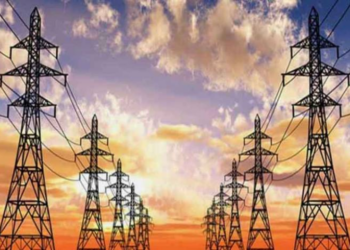Islamabad, December 31,2024:The year 2024 proved to be a defining period for Pakistan, marked by political turmoil, historic milestones, and significant challenges. Beginning with uncertainty and concluding with unresolved tensions, the year was dominated by contentious elections, legal battles, and widespread protests.
Elections and political landscape
The general elections held on February 8, 2024, were among the largest in Pakistan’s history but failed to deliver a decisive mandate. Political chaos and security concerns loomed large on election day, followed by internet shutdowns that sparked public outrage. While PTI candidates secured the most seats, the party was barred from contesting under its official symbol due to a Supreme Court ruling declaring its intra-party elections illegal. This forced PTI candidates to run as independents, complicating their campaigns.
After weeks of negotiations, a coalition government was formed by PML-N and PPP, sidelining PTI despite its numerical edge. Maryam Nawaz was elected as Punjab’s first female Chief Minister, a historic milestone celebrated across the province. Known for her bold political strategies and charismatic leadership, Maryam’s tenure is seen as a new chapter in Punjab’s political history.
Legal and judicial developments
The year saw several high-profile convictions. Former Prime Minister Imran Khan and his wife, Bushra Bibi, faced multiple sentences, including 10 years for the cipher case and 14 years in the Toshakhana case. Although acquitted in some cases mid-year, new charges kept their legal battles ongoing. The government also linked PTI leaders to the violent May 2023 protests, filing additional charges against them.
Former ISI chief General (R) Faiz Hameed was arrested in August on charges including misuse of authority and land grabbing. By December, he was formally charged under the Pakistan Army Act, with allegations extending to his involvement in the May 9 unrest.
In October, the 26th Constitutional Amendment was passed, limiting the Chief Justice’s suo motu powers and introducing a parliamentary role in judicial appointments. Justice Yahya Afridi was appointed as the 30th Chief Justice of Pakistan under this framework, sparking controversy as PTI declared the amendment unconstitutional and launched nationwide protests.
Protests and public unrest
2024 was a year of continuous protests, largely led by PTI, demanding the reversal of the 26th Amendment, restoration of democracy, and the release of political prisoners. Discontent over the election results further fuelled demonstrations, with opposition parties alleging widespread rigging.
Civil-military developments
In November, the government passed a bill extending the tenure of the armed forces’ chiefs from three to five years, signalling shifts in civil-military relations.
The year 2024 was a tumultuous chapter in Pakistan’s history. From groundbreaking milestones like Maryam Nawaz’s leadership to unresolved political and legal disputes, the country faced a year of uncertainty that continues to shape its political future.








